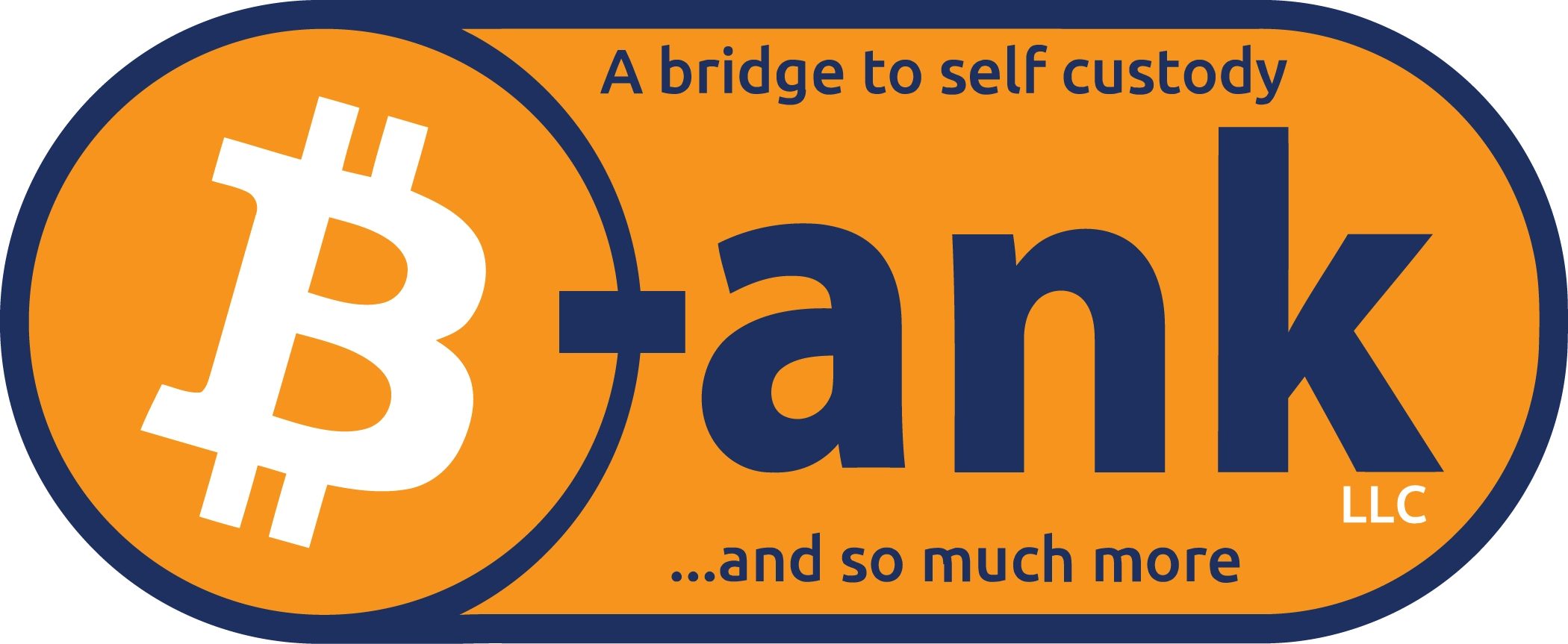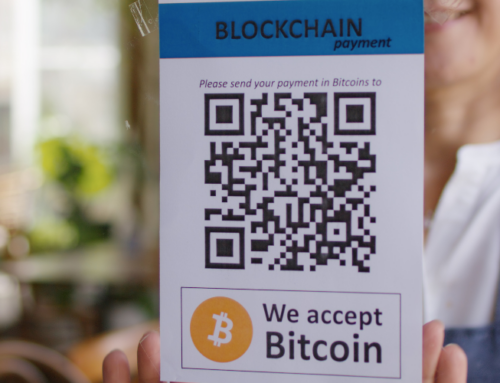Blockchain: The Quiet Power Behind Bitcoin—and the Future
Blockchain might sound like intimidating tech, but at its heart, it’s a simple idea with world-changing potential. Imagine a ledger—a list of transactions—that isn’t tucked away in one office or controlled by a single person, but shared across thousands of computers all over the world. That’s blockchain. It’s the foundational technology behind Bitcoin and many other digital innovations, acting as a super-secure, tamper-proof digital record book.
When Bitcoin users send and receive funds, those actions get bundled into a “block” and locked into the ledger. Each block is linked to the one before it, forming a chain—hence the name. The more blocks added, the more secure the entire system becomes. And because it’s public and decentralized, no one can secretly edit the past or manipulate the rules. The system is built to be fair by design.

Decentralization, Privacy, and Trust
One of the biggest shifts blockchain brings is decentralization. In traditional finance, you rely on banks and governments to process payments and keep records. But with blockchain, thousands of independent participants work together to keep things secure and running smoothly. This means no one—not even a government—can freeze the network or tamper with its history.
And while the word “transparency” might feel a bit too revealing, the setup is actually quite private. Your name isn’t tied to your transactions if your wallet is set up correctly. Instead, it’s more like a digital receipt that proves you paid, donated, or received money—without exposing your identity.
Blockchain opens the door to a new kind of trust—not based on people or institutions, but on math, code, and global collaboration.

Bigger Than Bitcoin: A Path to Freedom and Innovation
Though it powers Bitcoin, blockchain is already pushing its way into industries like healthcare, logistics, and finance. It promises to streamline operations, reduce fraud, and give people more control over their data and money. It’s a tool that can level the playing field, especially in places where traditional systems fall short.
If you really want to go all-in, consider running your own node. This makes you a direct part of the network’s security—handling your own transactions and helping keep the system decentralized and free. It’s what people mean when they say “be your own bank.”
Stay up to date on the important “bits”…
Join our email list to receive our newsletter.
Have questions? Get in touch with us




